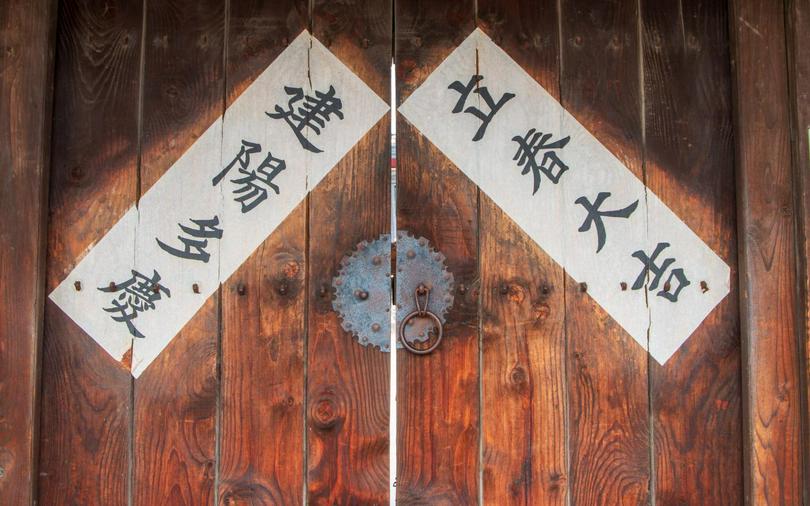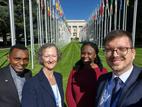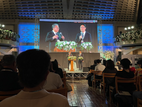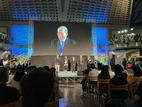During a workshop at the World Communion of Reformed Churches (WCRC) General Council, which opened 14 October, ecumenical leaders from the Korean Peninsula and across the globe expressed their shared vision of justice, reconciliation, and lasting peace in a divided land.
Rev. Dr Japhet Ndhlovu, who serves as executive minister of the Church and Mission Unit of the United Church of Canada, moderated an ecumenical discussion hosted by the National Council of Churches in Korea.
Ndhlovu expressed the United Church of Canada's deep commitment to peace on the Korean Peninsula. "We stand with you in this pilgrimage of hope, confident together we can build bridges that transform conflict into healing and renewal," he said.
Christian Conference of Asia general secretary Dr Mathews George Chunakara offered an overview of how reconciliation of a divided Korean Peninsula has been an issue in the ecumenical movement for decades.
Some years, it looks like peace is on its way—then obstacles arise. "But still the struggle continues," he said. "I hope the discussions that take place here—the formal and informal discussions—will bring people together and mobilize them."
The workshop, which was one among several offered on the opening day of the WCRC General Council, will continue for a second day on 15 October.
World Council of Churches general secretary Rev. Prof. Dr Jerry Pillay noted that the theme of the WCRC General Council, "Persevere In Your Witness," is apt in such the challenging context of the Korean Peninsula.
"There are times when we see that there are nearly possibilities for peace—and then those possibilities disappear," he said.
"The point I want to make is that persistence brings hope—and hope brings the bright day," he said. "Prayer brings hope and we must never give up. God calls us to peace. God calls us to unity and reconciliation. Keep up the fire. Keep igniting our spirits. Something new will come because God is present."
WCRC general secretary Rev. Dr Setri Nyomi recalled that, when he first came to the WCRC in 2000, the issue of Korean reunification was on the table. "I was encouraged to see that as the National Council of Churches in Korea celebrated its centenary last year, that was at the forefront of discussions," he said. "Coming back to the theme we have for this General Council, nothing demonstrates the call to persevere in a better way."
Nyomi and other ecumenical leaders assured the National Council of Churches in Korea that peace on the Korean Peninsula is important to them.
"Whenever one part of the family weeps, we weep along with them," said Nyomi, who reflected on how the WCRC went about picking topics for workshops at the General Council.
"We were inspired by what we care about and what communities are going through," he said.
Rev. Charissa Suli, president of the Uniting Church in Australia Assembly, offered some brief highlights of the church's prayers, actions, and hopes for peace after 80 years of division on the Korean Peninsula. "May our time here strengthen the bonds of solidarity," she said.
In the second day of the workshop, and even beyond, more voices from the National Council of Churches in Korea and others will discuss historical accountability, and hopeful pathways that involve confession, solidarity, and prayer.
Many WCRC members and partners promote peace and reconciliation efforts in their contexts, supported by WCRC through funding, accompaniment programs, and solidarity visits.
A vast proportion of the Christian community in Korea has Reformed or Presbyterian backgrounds, including the Korean Christian Federation in the North, and most Protestant churches in Korea and throughout Northeast Asia are members of the WCRC.
Originally from the World Council of Churches
CCD reprinted with permission












